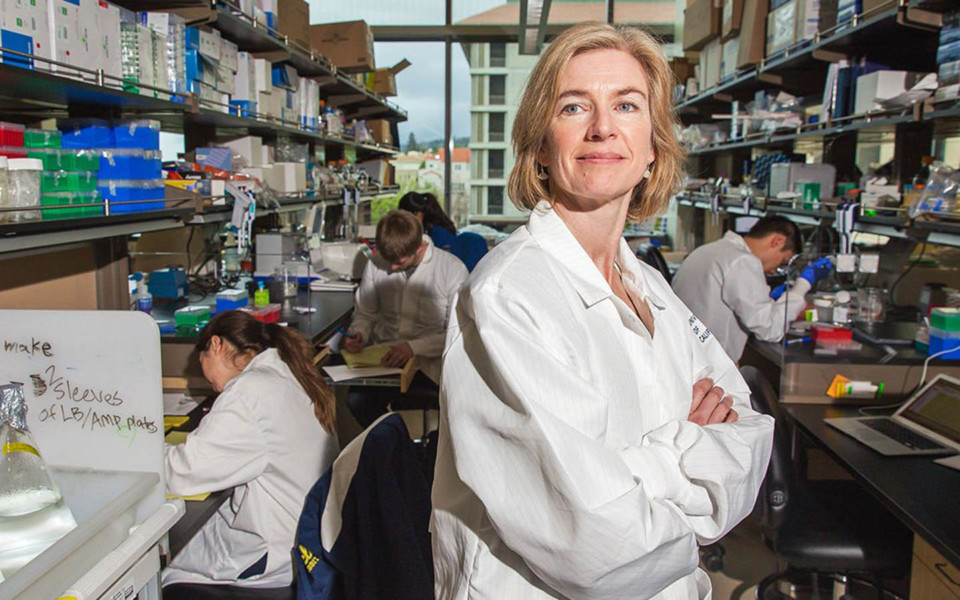Gene editing is back in the spotlight
As far as experts are concerned, the technology of gene editing is nowhere near ready to be used to create gene-edited babies. This, of course, is separate from the question of whether it is morally right to do so. Nevertheless, around the world, would-be baby tinkerers have failed to get the memo. This week a Russian scientist announced his ambition to repeat a Chinese scientist’s gene-editing experiment on human embryos, which lead to the birth of two babies with modified CCR5 genes last year. The Chinese effort was roundly condemned on grounds of safety and ethics. Moreover, at the start of June evidence emerged that the genetic mutation in the gene CCR5, one that offers protection against infection from HIV, is also associated with slightly earlier death.
The finding highlights the need to understand far more about how alterations in a cell’s DNA translate into changes in how it functions. There are also a variety of concerns about the basic technology that need to be dealt with before it can be used widely in treatments for the sick—let alone to tinker with healthy embryonic humans.


